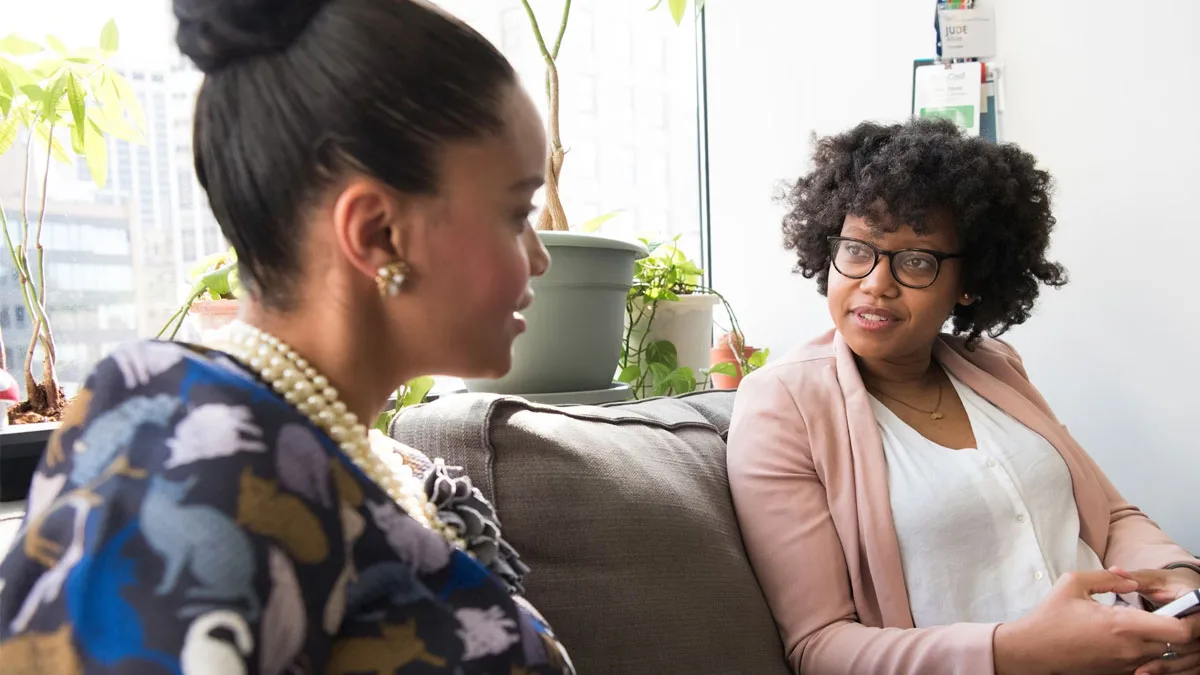Pull up a chair, because have I got a story for you—it’s one of those tales that makes you question the very fabric of friendship. It’s about me, a girl who thought she had a lifelong friend from the same street, the same school, and eventually, the same workplace. Let’s dive into this saga, where the lines between colleague and friend blur, then disappear altogether.
From the moment I snagged a job at her recommendation, we were thick as thieves in our small, male-dominated company. Our desks became islands of shared secrets and support in a sea of suits. Lunch breaks were our time—a sacred ritual of camaraderie in the corporate grind. We were the office’s dynamic duo, or so I thought.
When she got engaged a year ago, my heart swelled with joy for her. She’d weathered the storm of grief like a ship without a lighthouse, losing family members in quick succession. I was there through it all, sharing her tears, shouldering her workload, ensuring she could breathe a little easier amidst the sorrow. Her happiness became my mission.
As wedding plans unfolded, our lunchtime conversations were peppered with talk of venues, flowers, and guest lists. She kept the venue a secret, teasing a surprise when the invite landed in my hands. Except, that invite never came. As the wedding drew near, I realized my mailbox was as empty as my hopes of celebrating her big day. She excitedly chatted about RSVPs and gifts, oblivious to my hurt, or perhaps indifferent to it.
The sting was sharp—realizing I wasn’t on her guest list, while others at work, whom I’d pegged as mere acquaintances, were. This revelation forced me to peel back the layers of our friendship, revealing a stark imbalance. I was always there for her, but was she ever truly there for me?
Reflecting on our friendship, I saw the pattern: my unwavering support met with her self-centeredness. Our conversations, I realized, were monologues starring her, with me as the silent audience. The more I thought about it, the more examples sprang to mind—times I’d saved her cake, listened to her dilemmas, defended her in office spats—all unreciprocated.
This epiphany hit me hard. I began to distance myself, curtailing our lunches and cutting short our chats. She seemed not to notice my withdrawal, further cementing my suspicions that perhaps, to her, I was just a convenient sounding board, not a cherished friend.
I still wished her happiness, despite the gnawing sense of betrayal. Yet, I couldn’t help but question whether I’d been too naive, too forgiving. The situation laid bare my tendency to avoid confrontation, a realization that stung almost as much as the wedding snub itself.
Torn between seeking an explanation and preserving my dignity, I’ve grappled with the decision to confront her about the oversight. Yet, the real issue, I’ve come to understand, lies not in the missed wedding invite but in my reluctance to address conflicts head-on.
This saga has sparked a period of introspection, challenging me to reevaluate not just this friendship, but how I navigate all my relationships. It’s a journey towards finding my voice, asserting my worth, and maybe, just maybe, salvaging a friendship—or at least finding closure.









Leave a Reply